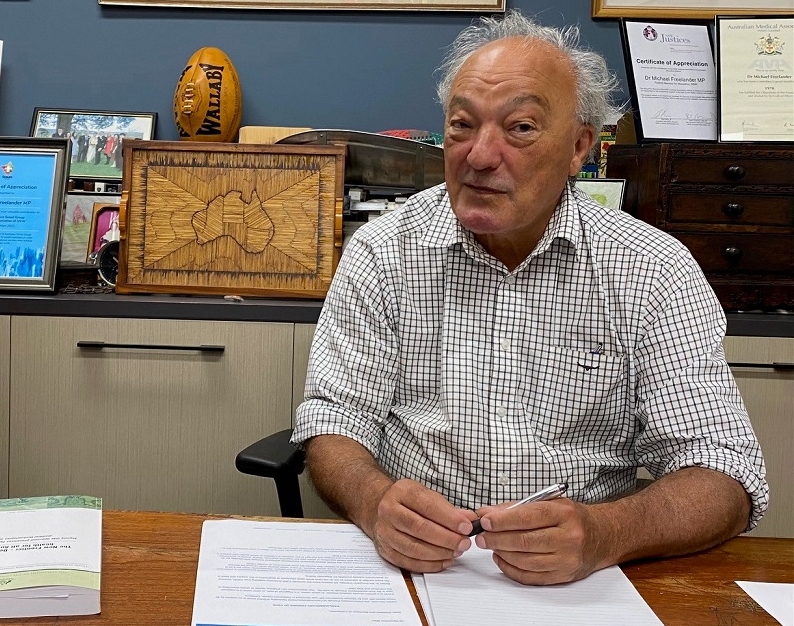
The lengthening delays in obtaining child developmental assessments could be tackled by properly staffing and resourcing public hospitals, say Dr Mike Freelander.
“An upgrade to our hospital here in Campbelltown is welcome, but is ultimately meaningless without the necessary equipment and staff,’’ he says.
“It is not uncommon for a family to wait upwards of 12 months to secure medical appointments for their children, and this can have devastating consequences.
“As a paediatrician I know all too well how critical early diagnosis is.’’
In recent years, Dr Freelander says we have seen extensive delays arise in obtaining child developmental assessments.
These are routine tests which are necessary to obtain diagnosis for a range of complex conditions such as Autism Spectrum Disorder, Foetal Alcohol Disorders, ADD and ADHD, neurodevelopmental disorders including genetic disorders, and other conditions that may be affecting a child’s development.
They are conducted by a multidisciplinary team comprising of a paediatrician, speech therapists, occupational therapist, psychologists and physiotherapists.
“A child’s early years are crucial to their physical, social and cognitive development, and delays in these forms of medical assessments place the wellbeing of children and their families at risk, severely impact on children obtaining early support at school and can result in delayed treatment for significant medical conditions,’’ says Dr Freelander.
“In Macarthur, our medical resources are stretched thin.
“Reports suggest that the average waiting time for developmental assessments across Sydney have blown out to over two years.
As is the case with many other issues in our public health system, this is a question of resourcing.
“Our public hospital’s resources are stretched thin, and the only way we can fix these delays is by ensuring our hospitals are appropriately staffed and resourced.
“Private assessments are not as comprehensive, are expensive and beyond the reach of most local families.’’



